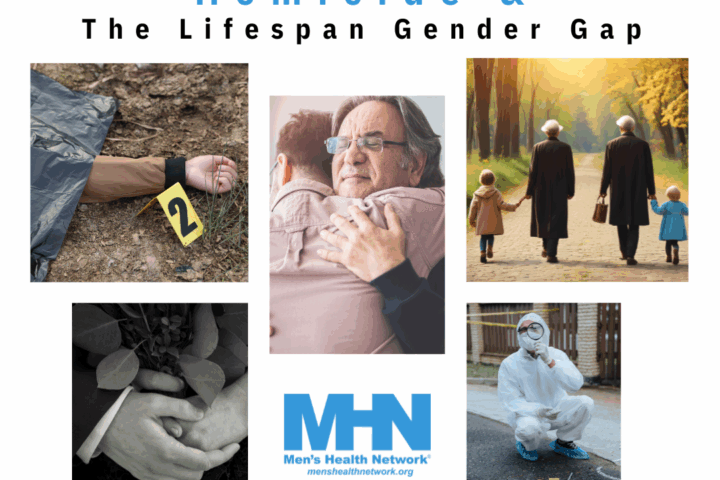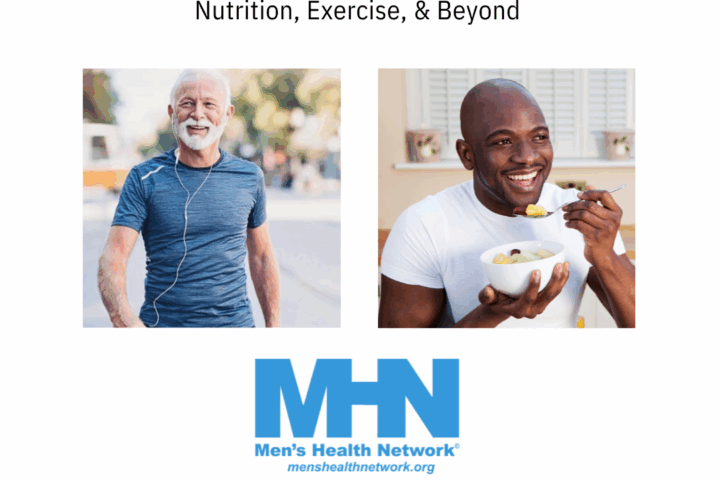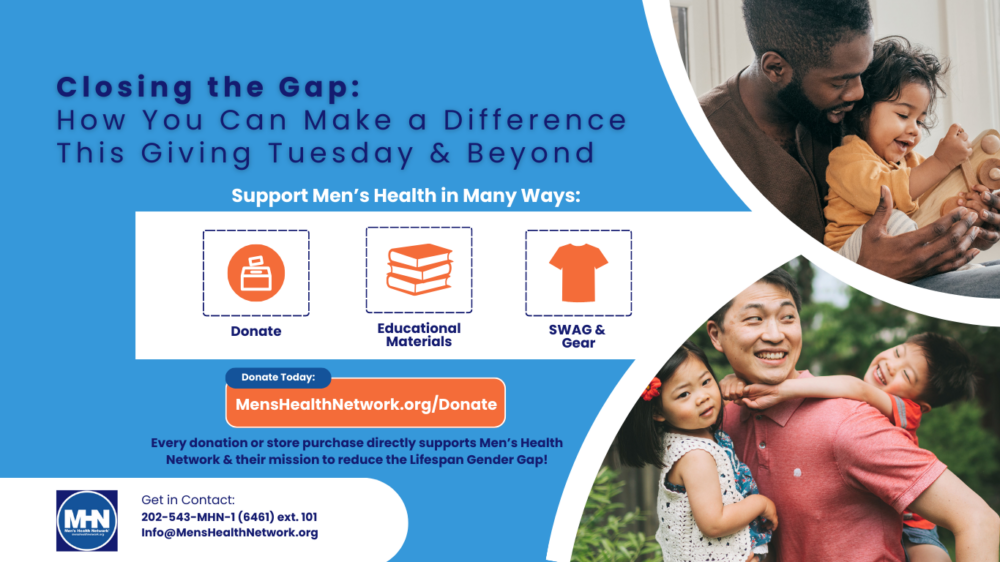The summer of 2009 is almost over and looking back at the past two-and-a-half months, I realize that it’s been an extremely busy one. Health reform debates and symposia at various think tanks; briefings with health policy experts on the Hill; and editorials on the public option and “death panels” scatter websites and newspapers across the nation. Interspersed with health reform, I conducted health education outreach to an assortment of worksites and community health fairs. With so much attention on health care and health outreach, health seems like a top priority, right? Well, it depends. We can spend hours, days, weeks, months and years talking about being healthy and having health insurance, but that’s only the first step. Talking about health is easy. Scheduling and attending doctor’s appointments for routine check-ups and screenings takes effort. Showing up to those health education outreach that I conducted at worksites and community health fairs takes effort. Learning about and Becoming knowledgeable in a variety of health topics takes effort. So does eating well and exercising. It all takes effort and being healthy takes a lot of work…
I attended a church-sponsored health fair this weekend in Maryland and I was impressed with the event’s organization and layout. Unfortunately, it was not well-attended by parishioners. I interacted with less than 20 people; others even less. Health screenings and a variety of resources were available free of charge, but remained largely ignored. The picnic outside, however, was another story. Hundreds of parishioners were eating, dancing and singing outside, a mere hundred feet from the health fair.
Such is reality. It is much easier to stay in a routine or have fun than to actively seek and engage in preventive medicine. But I assure you, it is worth the effort and can be fun depending on what you seeking. There are numerous benefits of regular exercise and a healthy nutritious diet, especially as we age, that are fun and enjoyable; for example, risk factors for chronic disease decrease and quality of life improves. As the age-old adage states, “an ounce of prevention is worth a pound of cure.” I truly believe that investing in the effort now will drastically improve your health and well-being years in the future.
I turn it over to you guys. We need your help. How can we convince people to put in that extra work to become healthier? What methods or new strategies can we try to reach the general public?
**On a side note, MHN is currently conducting an online awareness survey on fibromyalgia. We encourage and invite anyone with a few minutes to spare to click on the following link to participate:
https://www.menshealthnetwork.org/fmsurvey.php
We thank you in advance for your help!



